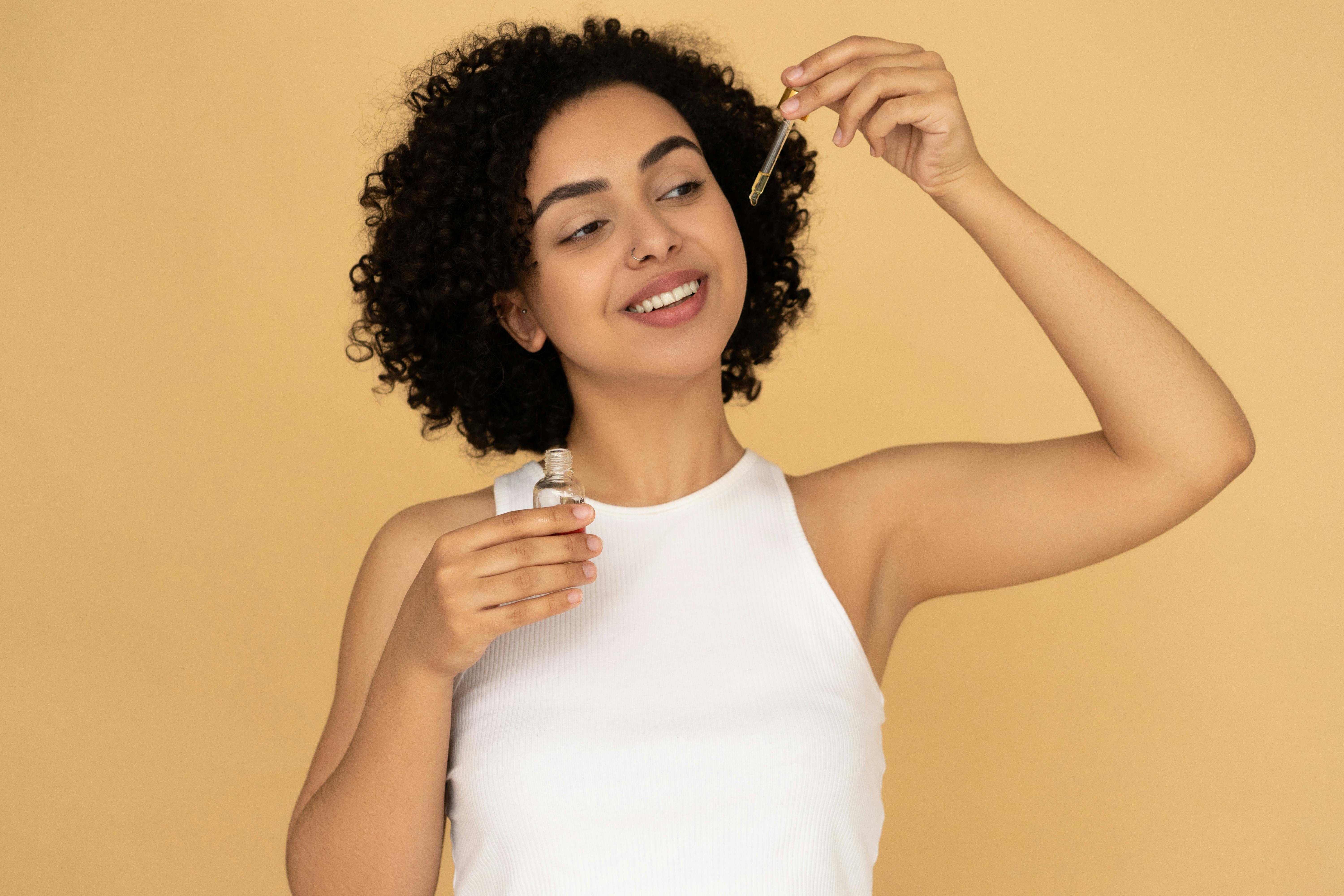SSRI Discontinuation Syndrome (SDS) and how to overcome it
This applies to most antidepressants; however, due to the popularity of SSRIs, this problem is often discussed in terms of “SSRI Discontinuation Syndrome.” Here are the main points –
* SDS is basically the drug withdrawal that your brain and body go through when you stop taking the drug in question. It’s essentially the same concept as quitting smoking or quitting heroin: your brain is used to having that substance, and when it’s taken away, it’s under stress.
* Pharmaceutical companies initially denied the existence of this and doctors did not notice it in advance. I think most doctors now warn when prescribing, but there will always be exceptions.
* This is why your doctor will tell you not to stop taking the medication suddenly without supervision. All kinds of strange things can happen, some of them life-threatening.
* The chance that you have SDS and the severity of your symptoms are usually determined by:
1. The length of time you were on the medications (the longer, the more likely you are to have adverse symptoms)
2. The dose you were taking (the higher the dose, the harder it is to quit)
* In general, I would say you should expect SDS if and when you decide to stop taking SSRIs.
* Many people have said that SDS can be one of the most unpleasant experiences there is – it has been compared unfavorably to heroin withdrawal! So don’t think you’re alone if you’re going through (temporary) hell.
Some key questions to consider before deciding to quit SSRIs:
1. Why do I want to stop SSRIs? Is it a trivial reason? Or is it due to the debilitating side effects?
2. Were you at risk of suicide before starting SSRIs? If so, you should seriously talk to a trained professional (physician or psychologist) before proceeding.
3. Have SSRIs worked for me?
4. Have they changed my personality? (for better or worse)
5. While taking SSRIs, did the circumstances that triggered or contributed to my initial symptoms change?
6. Have I worked to change my thoughts and behaviors that contributed to my initial problems?
My Plastic Brain Plan for Quitting SSRIs (and Other ADs)
1. Three words – TAP, TAP, TAP. You’re not going to like this: The easiest way to get off the meds takes a LONG time. I recommend the following regimen:
* First 3 months – 1/2 of the original dose
* Second 3 months – 1/4 of the original dose
* Third 3 months – 1/8 of the original dose
* When you get down to 1/8 dose, you will probably need a pill cutter that you can buy at a drug store. Also check with your doctor if your medication is available in a smaller dose.
* Why 3 months? This is about the time it takes for your brain to adjust and make plastic changes to the change in dosage.
2.Exercise –
1. Exercise stimulates the production of BDNF. You can think of BDNF as a kind of fertilizer for your brain. It helps make plastic changes to your brain that will help you adjust to your new state without drugs.
2. Exercise stimulates the production of all sorts of good neurochemicals and hormones, including endorphins, serotonin (which you’ll be in short supply of when you come out of Alzheimer’s), norepinephrine (noradrenaline), and dopamine.
3. Coming off SSRIs, you can feel physically and mentally horrible: If you go out and exercise vigorously, you feel great and take your mind off how you used to feel.
4. Depression subconsciously involves an element of ‘helplessness’. You may feel that the situation is impossible. On a subconscious level, when you go out and exercise you are sending a message to yourself that you have the power to overcome your situation.
3. Nutrition/Supplements
Other than Omega-3, the others are optional. Too many supplements can become costly and costly to keep taking every day. However, if you have the budget and inclination, the others also have reasonably strong evidence to back up their claims of effectiveness. I won’t go into too much detail for each of these; you can look them up if you are interested. Supplements are just little helpers – whatever you do, don’t sit back and expect supplements to do all the work! Also, the other thing that worries me about trying to rely on supplements is that it perpetuates the subconscious belief in your mind that you need some external agent (medication, supplement) to recover.
Omega-3/Fish Oil
For at least the first month I would recommend a high dose of this, 8 capsules a day, which you can then cut in half whenever you like. There is no risk of overdose, so feel free to continue with 8 capsules a day; you will not suddenly become a tuna. Why Omega-3? The brain essentially builds parts of itself from Omega-3s, so it’s providing enough fuel to give you the building blocks you need.
Group B multivitamin
A single Mega B (or equivalent) should suffice. Among other things, the B vitamins are vital for a healthy nervous system. In this case, B6 is particularly important due to its participation in the conversion of the amino acid L-Tryptophan into Serotonin.
Vitamin C-
Vitamin C is one of the cofactors the brain uses to produce serotonin. It is also extremely important for a strong immune system which can be compromised as your body adapts.
hill
Choline is used to produce the neurotransmitter acetylcholine, which is vital for various brain functions, including mood and memory.
pink rhodiola
This is a supplement characterized as an adaptogen, which means that it helps the body deal with stress. In general, I am quite dubious about adaptogens, as they have vague and hard-to-quantify benefits attributed to them by various streams of natural medicine.
However, Rhodiola seems to have above average efficacy (compared to other adaptogens). It seems to work as a mild antidepressant, affecting serotonin, dopamine, and norepinephrine.
Phosphatidyl Serine (PS)
PS improves the function of nerve transmission in the brain, potentially exhibiting a therapeutic effect. This is one of the newer proposed supplements for the brain, so the research is still a bit sketchy.
Grass of San Juan
This is perhaps the most popular natural antidepressant in the world. It is supported by numerous placebo-controlled studies. It is believed to work as a mild SSRI. As such, it can help in the transition from a strong SSRI to nothing.
5-htp
5-htp is the direct precursor to serotonin in the brain and many people use 5-htp as a natural antidepressant. There is speculation as to how much actually crosses the blood-brain barrier. It appears to be much stronger than its predecessor L-Tryptophan (on a milligram for milligram basis). It is also often used as a sleep aid and to aid in recovery for those who have gotten too “whipped on” over the weekend.
L-theanine
L-theanine is the amino acid found almost exclusively in tea (green, black, white, oolong, made from Camellia Sinensis)
Theanine has strong evidence to support claims that it enhances GABA (relaxation) and dopamine (energy, motivation) production.
The high levels of theanine in tea are claimed to explain why drinking tea can be so relaxing despite its caffeine content.
4.Meditation
See the main section on this here.
Meditation has too many benefits to mention here. From a neurological perspective it has been shown to increase serotonin levels. Simply put, it can calm and relax you.
However, meditation is not recommended for the early stages of discontinuing SSRIs if you are not an experienced meditator. In fact, it can make you feel more agitated if you’re not used to just sitting and being with your thoughts. Exercise is a much better option for this stage, as it provides the opposite: a sweet distraction!
Meditation is not a quick fix; in fact, the mindset behind meditation is almost the exact opposite of taking medication: there’s no easy “pop a pill” option, you have to work at it, but the rewards are immense.
Other general points –
* One of the key issues that come up when you’re going through a break is “Is this the break or is my depression/anxiety coming back?” There is no definitive answer, but my sense of logic dictates this: if you are taking a single dose of the drug and your symptoms have subsided within a day or two, you are most likely dealing with a discontinuation syndrome, and if it is possible, you should try to persist. As you’ll remember when you first started taking the medication, it takes a while to start treating depression/anxiety, so if it quickly relieves your discontinuation symptoms, that’s a good sign you’re just dealing with withdrawal, not a return of your parent disease.
* If you have suicidal thoughts, as always, seek professional help immediately
* If you feel it’s too hard and you’re not coping, talk to your doctor about starting the medication again; you can always try again later. It’s relatively common, so make several attempts before successfully stopping SSRIs.
* If possible, time the start of each new lower dose at a time when you have minimal stress in your work or family life. Try to take time off work for the first week or so of the first phase-down.
* Do things you enjoy like reading a book or watching a movie
* Stay connected with your friends – schedule as much social time as possible (even if you don’t feel like it) – you may have a natural inclination to isolate yourself when you’re withdrawing – you need to fight this instinct just as it backfires.
* Do things that make you feel physically good, like getting a massage or taking a nice long bath.
* Avoid too much caffeine or alcohol. Caffeine increases anxiety and alcohol masses with sleep. That being said, if you are a heavy drinker or drink a lot of coffee, you should address this before coming off your meds. You don’t want caffeine withdrawal on top of SSRI withdrawal!
* During the first months, be prepared for overly emotional reactions to daily situations: your emotions will take time to adjust.


